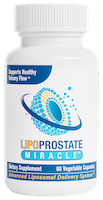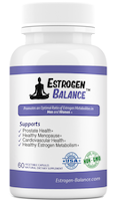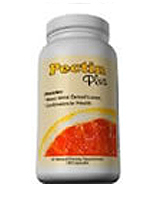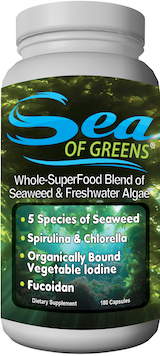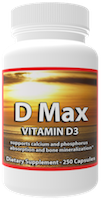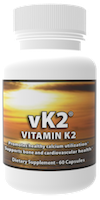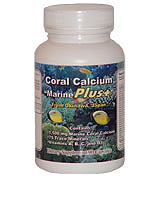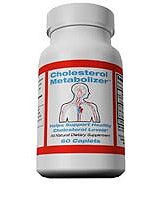Wakame
Wakame has long been known to be a delicious, healthy food. In Korea, it is given to mothers after they give birth to replenish the nutrients lost during the gestation and delivery. In Japan, the people of Okinawa have the highest per capita consumption of seaweed, the lowest rates of cancer, and a higher life expectancy of all Japanese prefectures. And Japan itself has the some of the highest life expectancy amongst all countries. There are over 100 medical studies that link seaweed, and Wakame in particular, to better health - and all this without any synthetic or toxic chemicals.
Wakame has traditionally been cultivated by growing it on ropes tied to offshore rafts. It's mainly the seaweed "leaves" or blades that are harvested. However, all parts of the plant, except the root, are used. These can be eaten raw or cooked and can be added to soups and salads to give them that extra "umami" or savory taste. Yet it's only about 13 calories per 30 g of raw seaweed.
That tiny calorie content in Wakame is due to its low levels of fat and carbohydrates. It's also rich in vitamins and minerals. The USDA National Nutrient Database gives a complete nutritional profile of Wakame; the list of nutritional benefits includes vitamin A, vitamin C, vitamin E, vitamin K, niacin, pantothenic acid, phosphorus, riboflavin, folate, calcium, iron, magnesium, manganese and copper. One note of caution is that Wakame also contains a high amount of sodium. It is important to soak the wakame thoroughly to reduce the amount of salt used to preserve it during storage and transportation.
Wakame is a an exceptional source of the following nutrients:
-
Magnesium
-
Critical in the contraction and relaxation of muscles
-
Controls the function of certain enzymes in the body
-
Involved in the production & transport of energy and the production of protein.
-
Iodine
-
Needed for metabolism of cells - the process of converting food into energy
-
maintains the balance of the thyroid gland and is needed for the production of thyroid hormones.
-
Most people (as many as 80%) in the developed world suffer from mild iodine deficiency. This deficiency is often undiagnosed and leads to a variety of systemic diseases.
-
Iodine deficiency gives rise to hypothyroidism, symptoms of which are extreme fatigue, goiter, mental slowing, depression, weight gain, and low basal body temperatures.
-
Calcium
-
Wakame is a very bioavailable source for of calcium. Each 100 grams of raw wakame contains 150 milligrams of calcium, which is needed for strong healthy bones.
-
Iron
-
Wakame is very rich in iron, a mineral which is essential for the production of red blood cells
-
Vitamins
-
Vitamins A, C, E, and K. These vitamins are all amazing for skin health and repair as well as immunology.
-
Vitamin D. Promotes the absorption of calcium for healthy bones and enhances the nerve, muscle, and immune systems.
-
Riboflavin (Vitamin B2). We need riboflavin to use the carbohydrates, fats, and proteins in the foods we eat. Riboflavin helps us use these nutrients for energy in our bodies for growth and is also necessary for red blood cell production. Riboflavin functions as an antioxidant and works in the body with other vitamins such as niacin, folate, and vitamin B6.
-
Folate (Vitamin B9). Helps the body make new cells and is especially important for pregnant women. Wakame contains 200 mcg in a 100mg serving - which is 50% of our daily requirements.
-
Lignans, a phytonutrient rich in antioxidants and thought to help regulate hormone levels and support the immune system.
